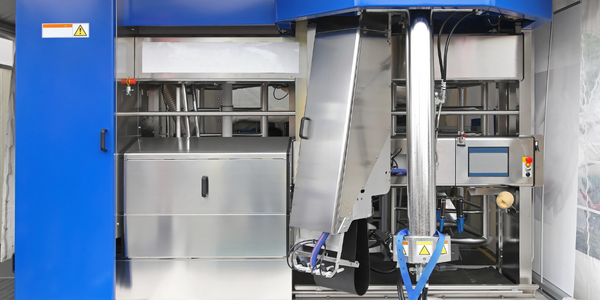Customer Company Size
SME
Region
- America
Country
- United States
Product
- Agworld
Tech Stack
- Cloud Computing
- Data Management
Implementation Scale
- Enterprise-wide Deployment
Impact Metrics
- Productivity Improvements
- Cost Savings
Technology Category
- Platform as a Service (PaaS) - Data Management Platforms
Applicable Industries
- Agriculture
Applicable Functions
- Field Services
- Logistics & Transportation
Use Cases
- Farm Monitoring & Precision Farming
- Remote Asset Management
Services
- Data Science Services
About The Customer
The Loza Farm, believed to be the only Hispanic-owned hops farm in the US, has rapidly expanded every year since and now comprises 600 acres of which 300 are used to grow hops on and the other 300 acres to grow hay and raise cattle. The Loza Farm is truly a family affair for Leon and Mimi Loza with son Leon ‘Junior’ managing the day to day hops operations, his brother Michael managing the hay and cattle operations and sisters Claudia and Veronica in charge of payroll, bookkeeping and other administrative duties. Of course, during the heat of hops harvest, it's all hands on deck all day until the job is done. Cultivating hops is hard work and a process that still requires a lot of manual labor. Leon ‘Junior’ Loza explains: “With hops, everything just happens really fast. We have to start training the hop bines around the horizontal strings on May 5th, we usually start picking around August 20th and finish before the end of September. So, it is a real short season and we have to make sure we do everything just right. We only employ around 10 people year-round and up to 40 in peak season, so it really is a busy and stressful period for us.
The Challenge
Junior Loza was using Excel to keep track of his field applications and costs but was not able to easily run reports or identify his agronomic costs per field, variety or acre. Junior also did not have a tool to help him manage his workforce, up to 40 people in peak season, and ensure that everyone was involved in recording all of the job details. Growing hops is unlike any other crop, from planting through to harvesting. The hop varieties that are grown get decided on a supply and demand basis by the brokers and the end users, often resulting in farms growing lots of different varieties. Loza Farms for example grows over 10 different varieties, with some fields as small as 7 acres for the niche varieties.
The Solution
One of Junior’s agronomists was using Agworld and signed him up for a subscription back in 2017 so that he could send his recommendations straight to Junior in Agworld. Once Junior realized the potential of Agworld, he upgraded his subscription and started to fully integrate Agworld in his operation. Junior now gets the recommendations from his agronomists through Agworld and he provides the work orders to his workers utilizing the Agworld app as well, which really takes eight or nine steps and turns it into just one step, which has streamlined his business so much. He can now also look at his records wherever he is, he always has them at his fingertips. He doesn’t have to sit behind his computer anymore and look at spreadsheets, which saves him a lot of time.
Operational Impact

Case Study missing?
Start adding your own!
Register with your work email and create a new case study profile for your business.
Related Case Studies.
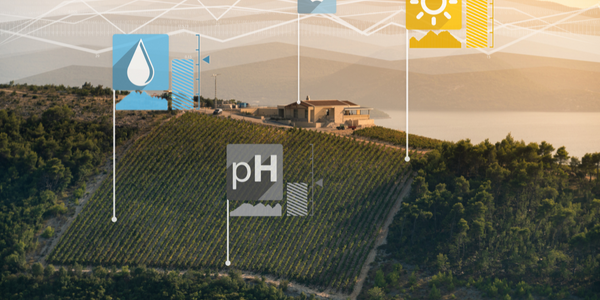
Case Study
Intelligent Farming with ThingWorx Analytics
Z Farms was facing three challenges: costly irrigation systems with water as a limited resource, narrow optimal ranges of soil moisture for growth with difficult maintenance and farm operators could not simply turn on irrigation systems like a faucet.
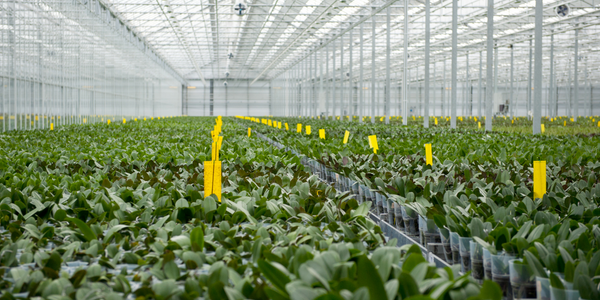
Case Study
Greenhouse Intelligent Monitoring and Control Solution
Farming Orchids is the most successful form of precision farming in Taiwan, and also the most exported flower. Orchids need a specific temperature and humidity conditions to grow and bloom, and its flowering time may not be in line with market demands, so the price collapses when there is overproduction. Therefore, some farmers began to import automated greenhouse control systems for breeding and forcing, which not only improves quality, but also effectively controls the production period and yield to ensure revenue. In 2012, an orchid farmer built a Forcing Greenhouse of about 200 pings (approximately 661 Square Meters) in Tainan, Taiwan. The system integrator adopted Advantech’s APAX-5000 series programmable automation controllers to build the control platform, coupled with Advantech WebAccess HMI/SCADA software, to achieve cloud monitoring. The staff of the orchid field can monitor important data anytime via smart phone, iPad, and other handheld devices, and control the growth and flowering conditions. System requirements: In the past, most environmental control systems of orchid greenhouses in Taiwan used PLCs (Programmable Logic Controller) with poorscalability and control, and could not be connected to the Internet formonitoring from the cloud. For advanced database analysis and networking capability, the PC platform must be adopted. Therefore, PAC Systems (Programmable Automation Controller) with both PLC programming capabilities andPC functions is a better choice.The environmental control of the Orchid greenhouse switches on and off devices like fan, shade net, cooling/heat pump, liquid flow control, water-cooling wall etc. It is controlled by a control panel of electric controllers, and is driven by a motor, to adjust the greenhouse temperature, humidity, and other environmental conditions to the set parameters.
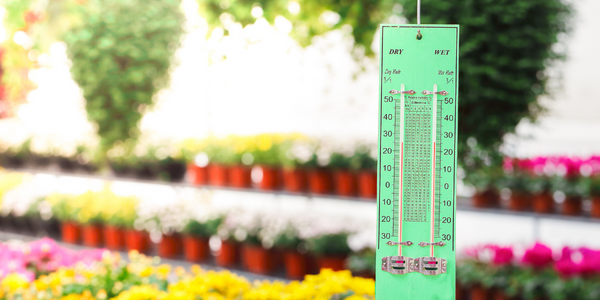
Case Study
Precision beekeeping with wireless temperature monitoring
Honeybees are insects of large economic value and provide a vital service to agriculture by pollinating a variety of crops. In addition, bees provide us with valuable products such as honey, beeswax, propolis, bee venom, etc. Monitoring of honeybee colony health, population, productivity, and environmental conditions affecting the colony health have always been exceedingly difficult tasks in apiculture. Research has shown that even small deviations (by more than 2°C) from the optimal temperatures have a significant influence on the development of the brood and the health of adult bees.
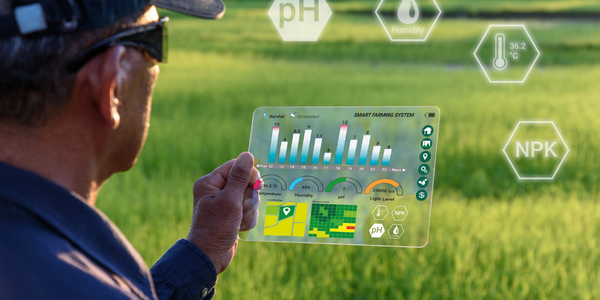
Case Study
Enabling Internet of Things Innovation in Agriculture
DigiBale, wanted to apply technology know-how and IP from implementations successfully to more agriculture sectors including cotton, forestry, sugarcane and cattle. However, farmers and growers still have worries about the connected technology.








